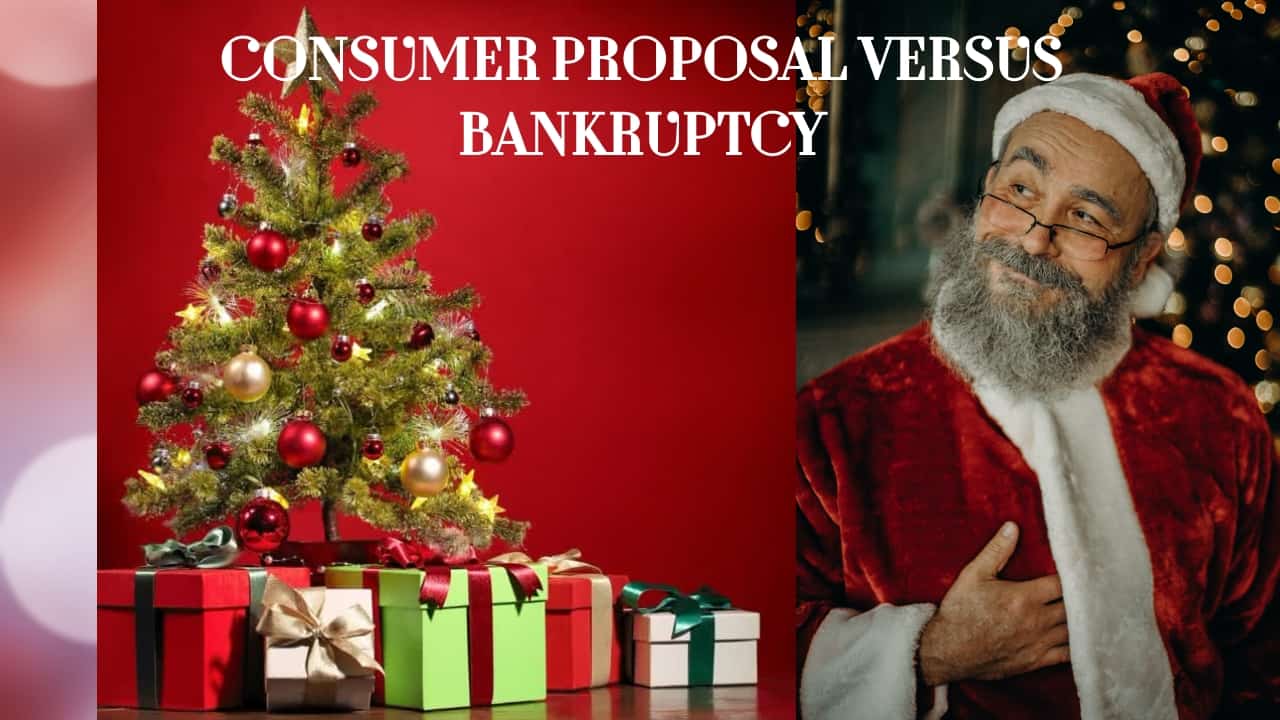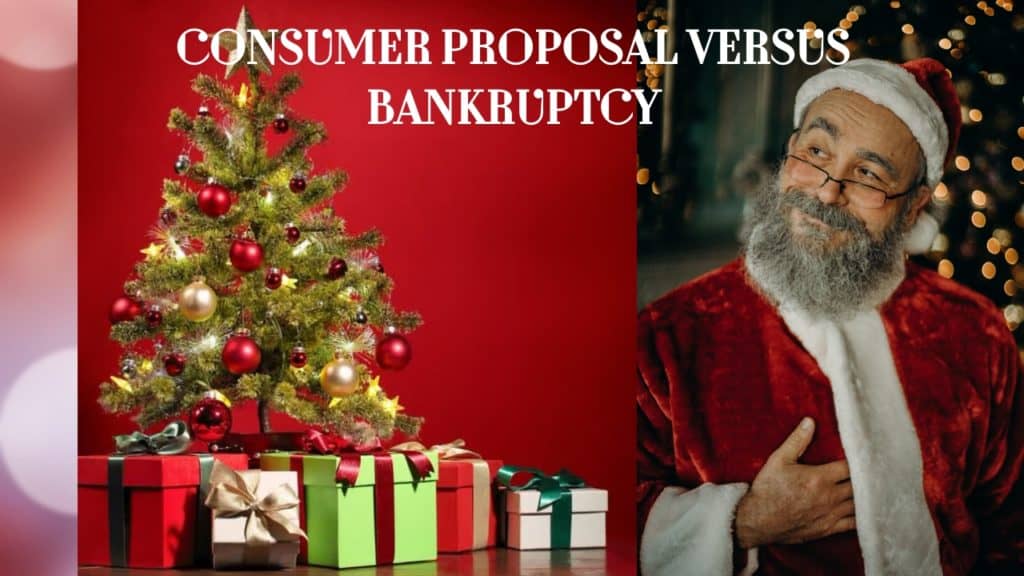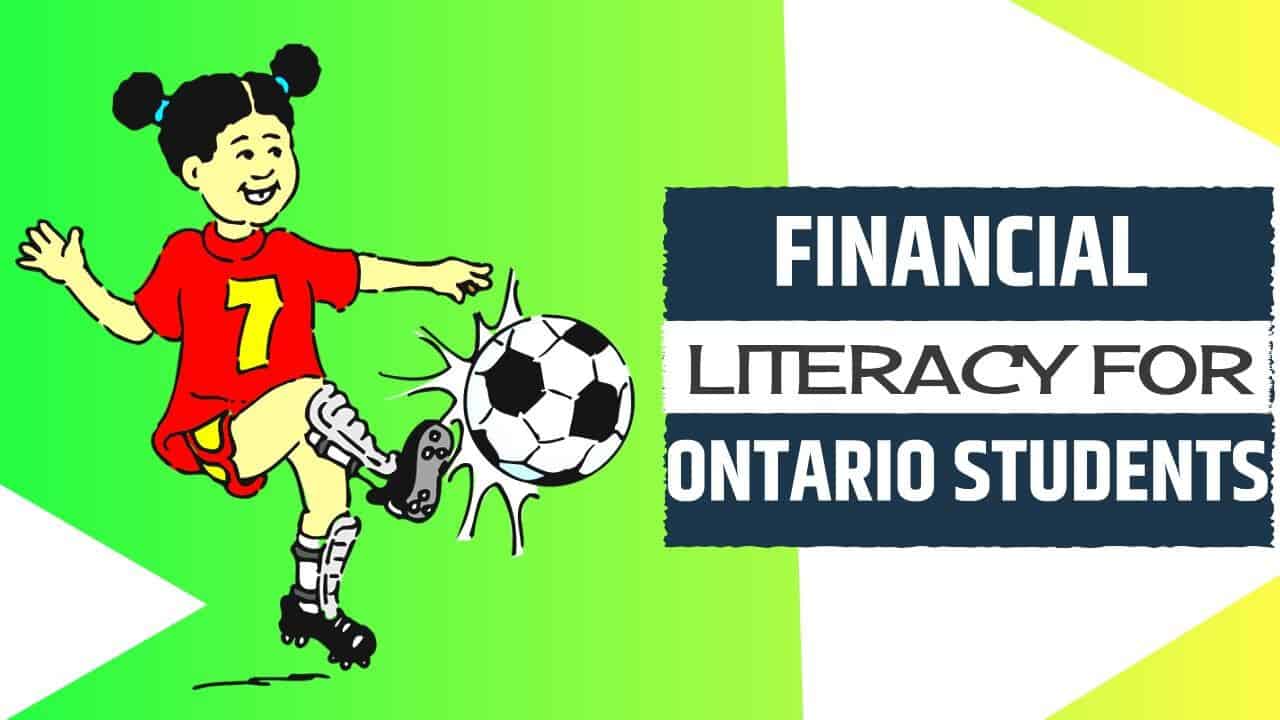
We hope that you and your family are safe, healthy and secure during this COVID-19 pandemic. Ira Smith Trustee & Receiver Inc. is absolutely operational and Ira, in addition to Brandon Smith, is readily available for a telephone consultation or video meeting.
If you would prefer to listen to the audio version of this Brandon Blog, please scroll to the very bottom and click play on the podcast.
Soft credit check introduction: What is a credit score?
When you apply for a loan, or to rent someone’s house, condo or apartment, the bank or landlord will very likely do a credit check on you. What will be of importance to them, amongst other things, is your credit score.
A Canadian credit score is a three-digit number used to indicate the creditworthiness of a debtor, based upon the info in their credit report. It is determined by looking at several factors, including if you usually pay your bills on time, just how much of your readily available credit you use, the number of charge cards you have, as well as your basic level of financial debt. The score ranges from 300 to 900 and also represents the chance that you will pay every one of your expenses on time.
There are two methods that either you or a potential lender can do a credit check on you: soft or hard. Keep in mind that even a potential landlord can fall into the category of prospective lenders. They will be advancing your credit in the form of their property. They are entrusting the tenant to take possession of their property, in return for paying for that privilege every month. In that way, a landlord is also extending credit to a tenant.
Have you ever wondered what the difference is between a soft credit check and a hard credit check? Well, in this Brandon Blog I am going to explain the difference between them for you.
Overview: Hard vs. Soft inquiries on your credit report (And Why They Matter)
The hard inquiry is a credit check that will show up on your credit report. These types of inquiries are typically the result of applying for a new loan, credit card or insurance quotes. A hard inquiry will typically stay on your credit report for up to 3 years.
A soft inquiry, on the other hand, is a credit check that does not show up on your credit report but is visible to creditors. A soft inquiry could be the result of checking your own credit score or shopping around for a new cell phone or cable plan.
More details: What is the difference between hard and soft credit inquiries?
What is a soft credit check you ask? A soft credit check request is something you can do at the beginning of your search for a loan. It will help you to know what your credit score is to help you get better loan rates, special promotions or offers a bank may be running or even help you secure that loan for which you might not qualify if your credit score was outside of an acceptable range. Knowing that information upfront can help you negotiate better for that loan deal you want.
A soft credit check is a surface-level credit inquiry that is used to get a preliminary assessment of your creditworthiness. These take place when you check your credit report or when a lending institution checks your score to pre-approve you for special deals. Soft checks do not influence your credit rating.
A hard credit check is basically a check performed by a company to find out your credit history and score. A hard credit check is different than a soft credit check. Hard checks are performed by companies that decide whether or not to lend you money. Sometimes, a hard check is also referred to as a hard credit inquiry. While a hard check is more informative than soft pulls, it can also adversely affect your score if too many checks are performed.
Sometimes you will enter into a contract for a product or service that requires you to provide authorization on the credit applications to access your credit report and credit score. Whether you are applying for a cell phone contract, to a credit card company, or applying to mortgage lenders or for auto loans, the company is going to check your credit report and score. Knowing what is a “hard credit check” can help you decide if it is worth it to use the service or not.

How could a hard credit check affect your credit score when a soft credit check will not?
Many consumers have a good credit score, but when you are one of the millions of consumers who do not, it can be difficult to get that coveted loan or credit card. To make sure that you do not have to deal with a hard credit check, you should make sure that you have no missed payments on your credit reports and that you have a diverse mix of credit (credit cards, store cards and installment loans, for example).
A hard inquiry can harm your credit score, but usually by just a few points. But how much your score is affected can depend on your specific financial situation.
Having too many inquiries on your credit report especially within a short period of time may also have an impact. And if your credit report shows multiple credit applications within a short period of time, it might appear to lenders that your finances have changed negatively.
When you apply for credit, as I mentioned, a hard credit score check is the way a potential lender can take a deep dive into your credit history. A putative lender would do so to determine if they should approve you for the credit you are applying for. This is different from a cursory soft credit check so a lender can tell you if you might qualify for a special deal or are doing your own self-assessment.
If you’ve ever before been denied for financing, denied an apartment, or had your car loan application rejected, you probably went through a hard credit check and the financial institution or landlord you approached was not happy with your results.
Soft credit check: How your initial credit limit is determined
The normal question individuals typically ask is why their credit line is not higher. In fact, the question is so usual, some credit card companies have their own applications that you can use to forecast your credit line. Nonetheless, as you may anticipate, the response is not quite as straightforward as the credit card issuers would like you to believe.
Your credit rating is an important metric in establishing what your credit line will be set at. If you have an inadequate credit rating, expect a lower credit limit and various other unfavourable terms. On the other hand, a high credit score offers you the opportunity to shop around to find the best credit card agreement and credit card issuer for you.
Soft credit check: Who creates your credit report and credit score?
Each time you make an application for a credit card, a car loan or home mortgage, your credit report is evaluated by the loan provider you are applying to. Your credit report is a document of the financial commitments you have actually currently incurred (credit cards, personal loans, lines of credit and mortgages) and your payment history. It is obtained from one of the two credit bureaus in Canada.
By now you should understand that the higher your credit score, the better your chances are to be approved for the loan or credit card you are applying for. This is because your credit rating will be seen as a lower threat to default, and therefore the bank will feel more positive that you will pay off any credit extended to you.
TransUnion and Equifax Canada are the two credit bureaus in Canada that contain your credit information. Lenders will use one of these two businesses to do the soft credit check or the hard credit check on a potential borrower or existing customer requesting additional or new credit.
These are private businesses that collect, store and share details concerning just how you use debt. Equifax Canada and TransUnion just collect information from creditors concerning your financial experiences in Canada.

Can a lender do a soft credit check or any type of inquiry without my permission?
If you are applying for credit from a financial institution or another type of lender, you will be asked to provide the authorization for them to do search one of the two major credit bureaus in Canada on you as part of their normal credit process. A lender cannot perform a hard credit pull without your OK.
No pre-authorization is required to do soft pulls. Perhaps you wish to just discover if you meet the requirements for a unique promo they may are promoting on one or more of their credit products. Or, possibly the loan provider wants to get a quick picture of your credit file to see if it is worth investing the time running you through their credit application process. The lender can get a response to both issues by carrying out a soft inquiry on you. That they can do soft credit pulls on their own.
Soft credit check: How long inquiries stay on your credit report
Your credit rating is a snapshot of your financial life, and it is important for obtaining credit, renting an apartment, even getting a job. But what happens if you want to buy a house, apply for a job, or apply for a loan and you have a negative or positive inquiry on your credit report? It is important to know how long an inquiry will remain on your report.
The rules surrounding credit inquiries and how long they stay on your Canadian credit report are a little different than in the US. In the US, hard inquiries generally stay on your record for 2 years. In Canada, there is no specific set amount of time that they stay on your report. The length of time a new inquiry is reported is determined by the business that requested the inquiry. According to Equifax Canada, a hard inquiry may not drop off your report for up to 36 months.
Home & Car Insurance Savings From Good Credit Scores
If you’ve ever shopped for auto insurance or homeowners insurance, you’ve no doubt been pressured to buy coverage you don’t need or a policy that seems like the insurance costs are just too high? If that sounds like you, don’t be ashamed! To avoid this, you should first know your credit score, since that will be the key to getting the best insurance rates.
A good credit score does more than simply affect the interest rates you pay on loans – it also affects the rates you pay on your insurance. This is because insurance companies consider your credit score when setting the rates you pay because it correlates to your likelihood of filing a claim and the likelihood of that claim being paid.
In addition, your mortgage company, your landlord and your car dealership will check your credit score when renting property, leasing a car or deciding how much of a down payment you can afford.

Can prospective employers perform a credit check on me?
If the job application you signed gives a potential employer permission to do a hard inquiry on you, then they can. Bad credit history can have many consequences that far exceed a simple refusal to get a loan. It can prevent you from getting a job, and destroy your self-esteem. How do you know if your bad credit is affecting your life? The first step is to find out what’s on your credit report.
The next step is to realize that your negative financial situation didn’t happen overnight. Your financial problems are a result of both bad luck and poor judgment.
Most of us have been there: you’re ready to start your career, turn over a new leaf and begin a new chapter in your life, but you get rejected for a job because one of the background checks turns up a bad credit report. And you are confused. You didn’t know that your report included bad credit information. And you didn’t know that you could fix a bad credit report.
But you can. As I already mentioned, it starts with you doing a soft inquiry on yourself and finding out what the bad information is. Or, once a year, for free, you can do a hard inquiry on yourself and really drill down to find out what negative information is causing the roadblock to your moving forward in life. I highly recommend that you do so as the start to improving your financial situation.
Soft credit check a summary
I hope you enjoyed the soft credit check Brandon Blog post. You may be very upset and frustrated over the current pandemic situation and your personal financial problems. You may even be downright depressed. The entrepreneur may be very frustrated that the company can no longer pay all its debts as they come due.
There may be sufficient value to take care of the secured creditor, but nothing for anyone else, including the unsecured creditors. There may be some business units that should not survive, but if cut out, the business will be viable. A receivership might very well accomplish the goals for the entrepreneur also. I have many times structured a receivership process, in order to meet the goals of the entrepreneur, while satisfying the requirements of the secured creditor.
Are you worried because you or your business are dealing with substantial debt challenges and you assume bankruptcy is your only option? Call me. It is not your fault that you remain in this way. You have actually been only shown the old ways to try to deal with financial issues. These old ways do not work anymore.
The Ira Smith Team utilizes new modern-day ways to get you out of your debt difficulties while avoiding bankruptcy. We can get you the relief you need and so deserve.
The tension put upon you is big. We know your discomfort factors. We will check out your entire situation and design a new approach that is as unique as you and your problems; financial and emotional. We will take the weight off of your shoulders and blow away the dark cloud hanging over you. We will design a debt settlement strategy for you. We know that we can help you now.
We understand that people and businesses facing financial issues need a realistic lifeline. There is no “one solution fits all” method with the Ira Smith Team. Not everyone has to file bankruptcy in Canada. The majority of our clients never do. We help many people and companies stay clear of bankruptcy.
That is why we can establish a new restructuring procedure for paying down debt that will be built just for you. It will be as one-of-a-kind as the economic issues and discomfort you are encountering. If any one of these seems familiar to you and you are serious about getting the solution you need, contact the Ira Smith Trustee & Receiver Inc. group today.
Call us now for a no-cost consultation.

We will get you or your business back up driving to healthy and balanced trouble-free operations and get rid of the discomfort factors in your life, Starting Over, Starting Now.
We hope that you and your family are safe, healthy and secure during this COVID-19 pandemic. Ira Smith Trustee & Receiver Inc. is absolutely operational and Ira, in addition to Brandon Smith, is readily available for a telephone consultation or video meeting.







 Introduction
Introduction

 If you would prefer to listen to the audio version of this financial literacy Brandon’s Blog, please scroll to the bottom and click on the podcast
If you would prefer to listen to the audio version of this financial literacy Brandon’s Blog, please scroll to the bottom and click on the podcast
